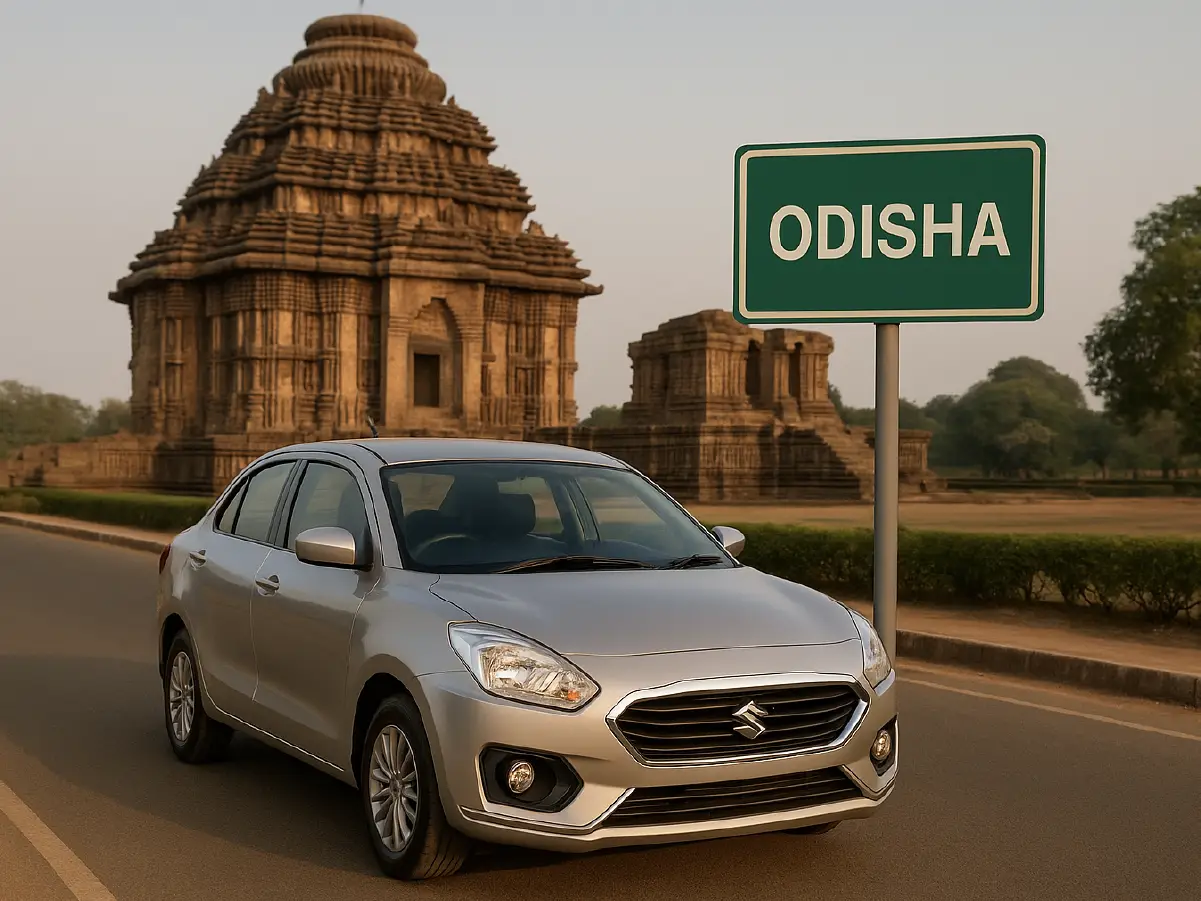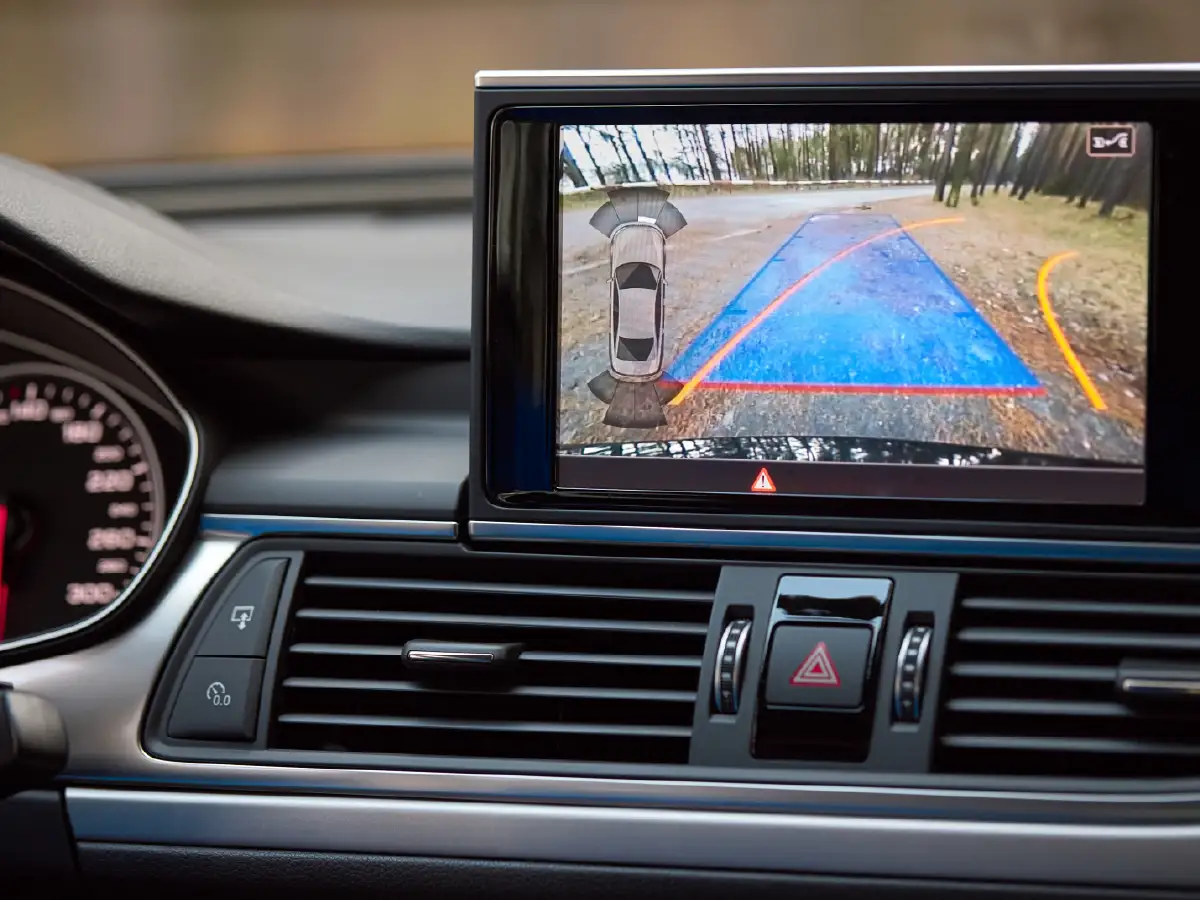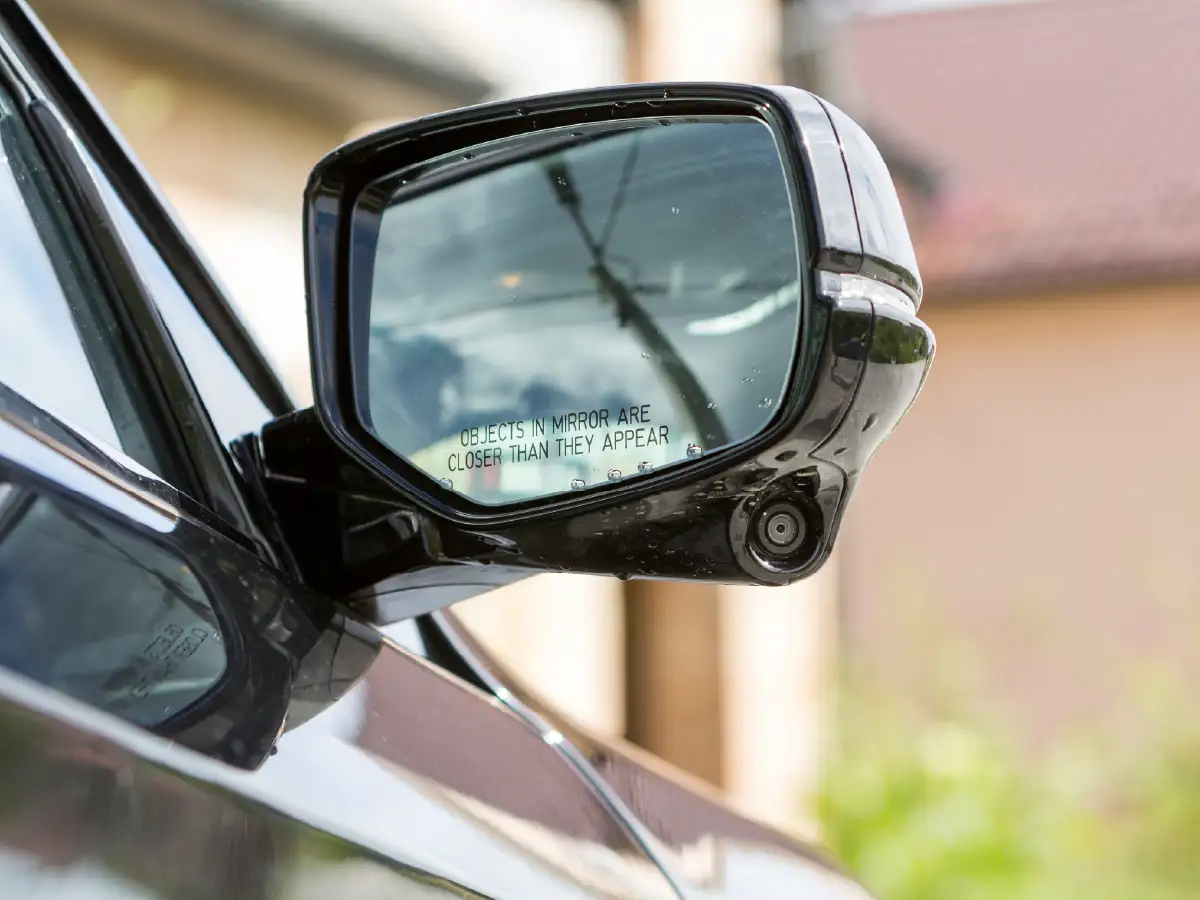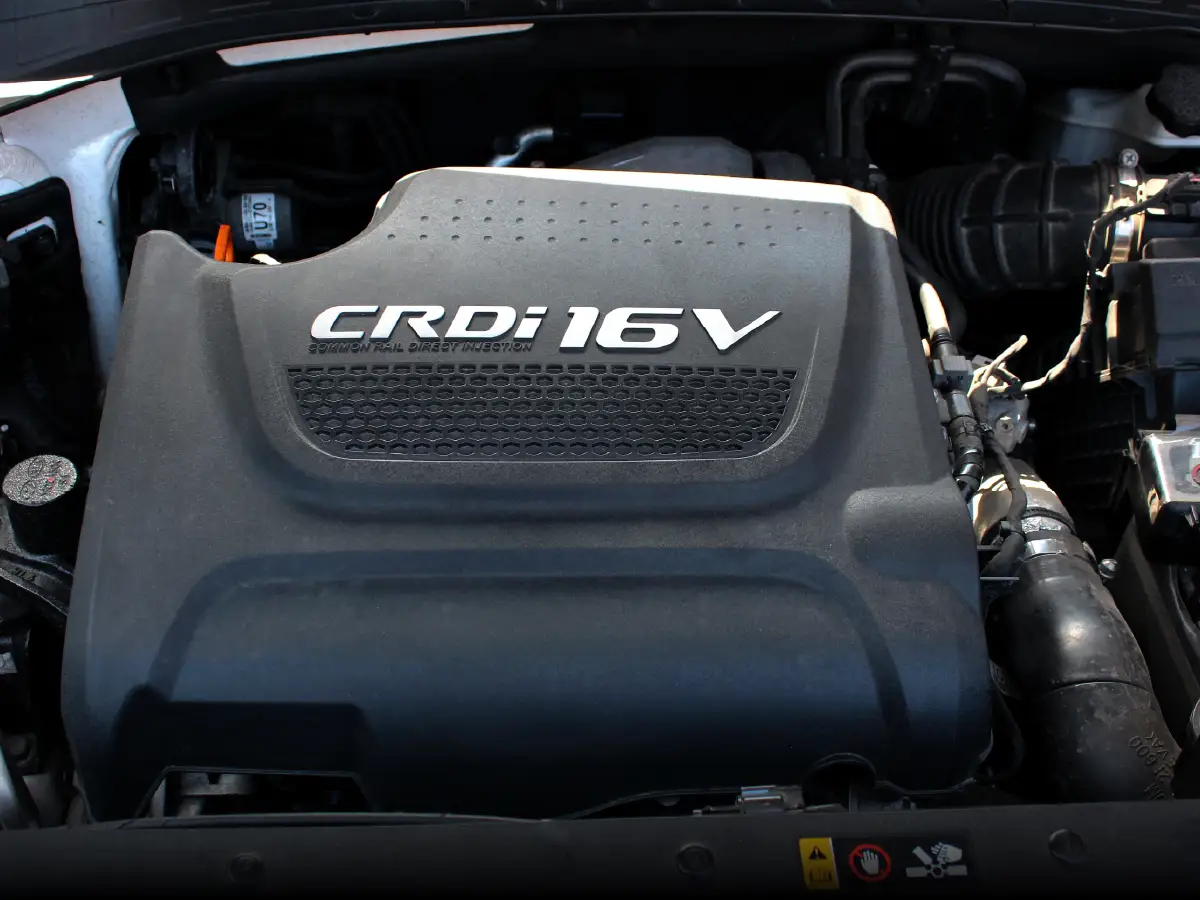

How to Transfer Car Insurance from One Person to Another in India
- 1Transfer of a car’s insurance from seller to buyer is mandatory
- 2The seller must initiate the process of insurance transfer
- 3Insurance No Claim Bonus (NCB) cannot be transferred from one person to another
Selling a car in India is more than just handing the keys to the new owner. Among the essential steps, transferring the car insurance is critical. Without this, the buyer and the seller might face legal and financial consequences. If you’re wondering how to transfer car insurance, this guide will help you navigate the process step by step while avoiding common pitfalls.
Reasons to Transfer Car Insurance
The transfer of car insurance is essential for several reasons. Here’s why it’s a non-negotiable step when selling or buying a vehicle:
Legal Compliance
In India, driving a vehicle without valid insurance is illegal. The insurance policy must reflect the new owner's name and other details when ownership changes. Without this update, the policy is deemed invalid.
Protecting the Buyer
Transferring car insurance to the buyer protects them against third-party liabilities, accidents, and damages. The policy ensures continued coverage, providing peace of mind to the new owner.

Safeguarding the Seller
For sellers, ensuring the transfer of car insurance and RC (Registration Certificate) protects them from being held liable for any incidents involving the vehicle after the sale.
Continued Benefits
A smooth transfer of car insurance allows the buyer to enjoy uninterrupted coverage. Moreover, the buyer might benefit from lower premiums if the vehicle already has add-ons or a comprehensive policy.
Steps to Transfer Car Insurance
Here’s a step-by-step guide on how to transfer car insurance to a new owner:
Gather the Necessary Documents
Before initiating the process, collect these essential documents:
- Original Registration Certificate (RC) of the vehicle
- Existing car insurance policy
- Sale agreement or proof of ownership transfer
- No Objection Certificate (NOC) from the seller
- Buyer’s address proof and ID proof
- Passport-sized photographs of the buyer
Notify the Insurance Provider
Inform your insurance provider about the vehicle sale and your intent to transfer the policy. Provide the buyer's details and the required documents to start the process.
Update the Registration Certificate (RC)
Visit the nearest Regional Transport Office (RTO) to transfer the RC to the buyer’s name. Download and fill out Forms 28, 29, and 30. Submit these with the required documents, such as the NOC and vehicle clearance certificate.
Transfer the Insurance Policy
Once the RC transfer is complete, submit the updated RC and other required documents to the insurance company. The insurer may inspect the vehicle before approving the transfer.
Pay the Transfer Fees
The insurance company may charge a nominal fee to process the transfer. Ensure that all payments are made promptly to avoid delays.
Receive the Updated Policy
After verification, the insurer will issue a new policy in the buyer’s name. This document may be sent via email or as a physical copy by post.
Key Points for Buyers and Sellers

A car seller and buyer should keep the following points in mind before signing off on the sale and going their separate ways:
For Sellers
- Ensure the RC and car insurance ownership transfer are completed within 14 days of the sale
- Retain copies of all documents, including the sale agreement and insurance policy
- The No Claim Bonus, if any, cannot be transferred to another person. Get a certificate from the insurance company and use this for a new policy if you’re buying another car
For Buyers
- Verify that the RC and car insurance details match before driving the car. They should have your name and other details
- Check the existing policy's validity and ensure any add-ons or comprehensive coverage are included
- Remember to use the NCB certificate from an older car if you have one
Common Mistakes to Avoid
Here is a list of mistakes car sellers and buyers often make, especially concerning car insurance:
Delaying the Transfer
Delaying the transfer of car insurance in India can lead to invalid coverage. This can result in financial losses for both parties in case of accidents or damages.
Ignoring Third-Party Liability
Many assume the policy automatically transfers. However, only the third-party liability section is transferred automatically and is valid only for the first 14 days after the transfer. Comprehensive and add-on coverage must be transferred separately.
Failing to Transfer the RC First
Insurance transfer can only proceed after updating the RC. Prioritise this step to ensure a seamless process.
Overlooking the NCB
The No Claims Bonus is tied to the policyholder, not the vehicle. Sellers should claim the NCB for their following policy instead of leaving it unused.

Not buying/selling a car on CARS24
Buy a used car from CARS24 for a seamless and quick experience. We have a fleet of top-quality, fully-certified cars, all covered by a 30-day warranty and a no-questions-asked 7-day buyback policy. Our dedicated team of experts will also handle all the paperwork for used car
How Long Does the Transfer Process Take?
The duration of car insurance and RC transfer varies depending on the efficiency of the RTO and insurance company. This is how long the transfer process typically takes:
- RC Transfer: 7 to 30 days
- Insurance Transfer: 5 to 7 days after submitting the updated RC and documents
To avoid delays, ensure all forms are filled out correctly and documents are complete.
Importance of Third-Party and Comprehensive Insurance
Car insurance can be broadly classified into two types, each with its own benefits:
Third-Party Insurance
This type of insurance is mandated by law and covers damages or injuries caused to a third party. Transferring this coverage is necessary for both the seller and buyer to avoid legal issues. This is the basic insurance a car has to have and thus is more affordable.
Comprehensive Insurance
Comprehensive policies cover a car against accidental damage, fire damage, car theft, damages due to natural calamities, third-party losses, etc., while offering the owner accident insurance. Comprehensive insurance offers more options for an owner and can save a lot of expenses in case of an unfortunate event. Comprehensive insurance coverage costs a lot more than a third-party-only insurance plan but also gives more benefits.
Conclusion
Transferring car insurance is as crucial as transferring the vehicle's Registration Certificate (RC). It not only ensures compliance with Indian laws but also protects both the buyer and the seller from potential liabilities. Following the steps outlined in this guide, you can seamlessly transfer car insurance in India to the new owner while avoiding common mistakes. Remember, a timely car insurance ownership transfer ensures uninterrupted coverage and peace of mind for everyone involved.
Frequently Asked Questions
Expand all























